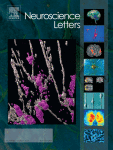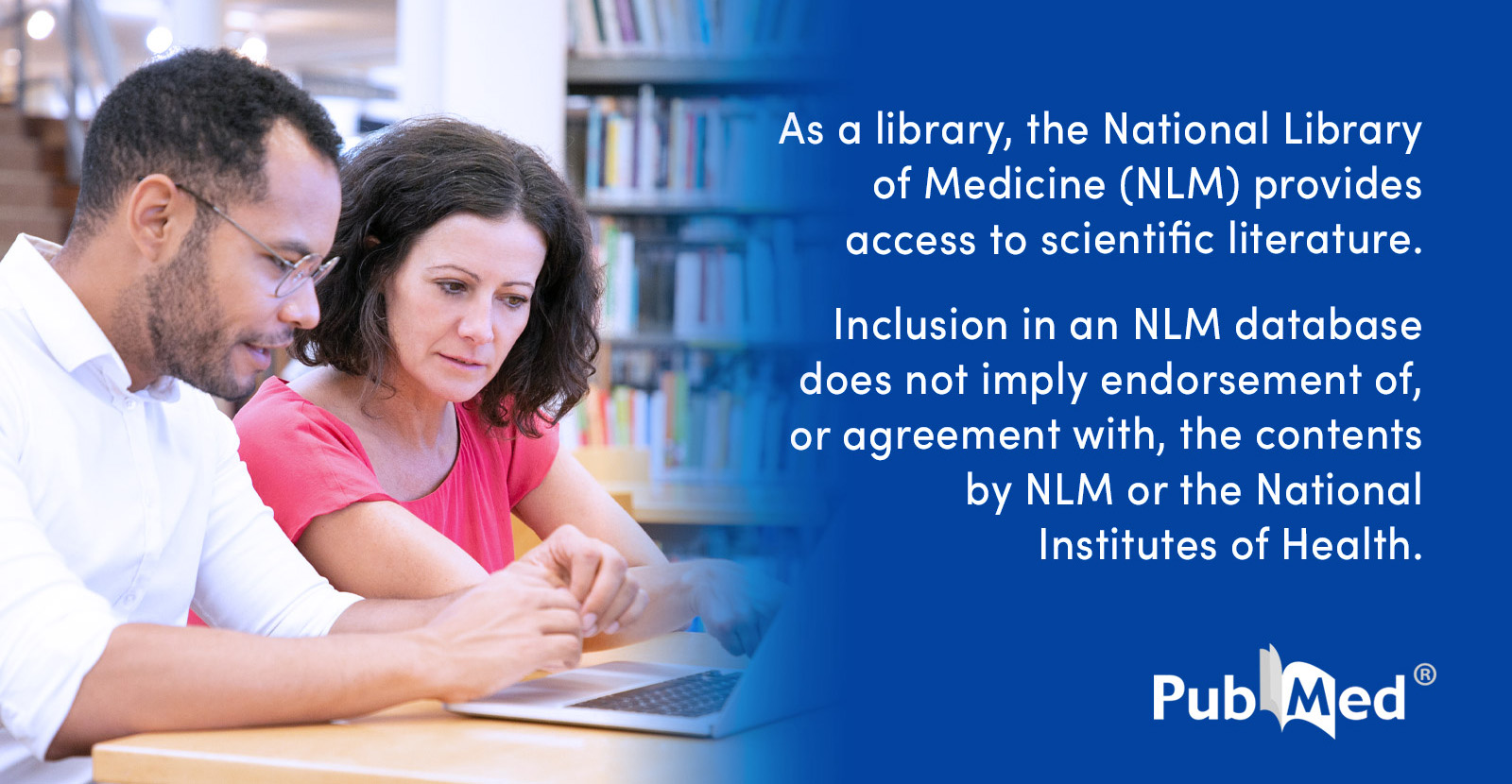Hi, so let me preface as I am currently diagnosed ADHD-C but primarily inattentive. the current DSM-V isn’t updated and a few psychs have decided on their own that ADHD-C could be something that is not ADHD like and is most likely SCT + Co-Morbid OCD. TLDR, the reason I bring this up is because while looking to help my symptoms, before my diagnosis, I spent about 11 months on the ketogenic diet.
While losing weight was great, the cognitive “energy” and overall uptake of focus really was the best thing that came out of it. And ever since, I looked up why it works and came across about how the diet was tested with people with Alzheimer’s and Parkinson’s,
https://www.naomiwhittel.com/the-ketogenic-diet-and-gaba-connection/?amp,
https://www.ncbi.nlm.nih.gov/pmc/articles/PMC6356942/, and it’s attributed to an increase or inability to synthesize glutamate. In comes the ketogenic diet, which according to studies, helps synthesize glutamate into glutamine into GABA via GAD (glutmatic acid decarboxylase), which is helped via vitamin B6, which mostly comes from foods highly recommended by the diet (eggs, red meats, chicken). In a short trial
https://pubmed.ncbi.nlm.nih.gov/23933905/, metadoxine ER, Pyridoxal phosphate dependent enzymes also play a role in the biosynthesis of four important neurotransmitters:
serotonin (5-HT),
epinephrine,
norepinephrine and
GABA. Metadoxine is basically B6 extended release and was shown improvement in ADHD-PI symptoms but was discontinued after the phase 3 trial, after the placebo was shown to be as effective however the trial was mostly for ADHD, but not specifically ADHD-PI.
So while researching this, I came across nmda antagonist, mainly Memantine. There are other nmdar antagonist like magnesium but has a weaker affinity. Memantine, being a nmda antagonist, it helps block excess nmda’r and the release of excess glutamate. MT being a acetylcholinesterase inhibitor, it inhibits the breakdown of acetylcholine into choline and acetate. In ADHD, Parkinson’s, and Alzheimer’s disorders, there’s a excess of Ca+ influx that makes the neuron excitory (release glutamate more than usual ). Memantine being a non-competitive antag of NMDAr, can inhibit the influx without disturbing and preserves the function of the synapse.
However, inhibiting acetylcholine too much can cause choline toxicity. So it must be slowly released or have a controlled release so it can broken down easier and the residual choline and acetate can be properly stored (chlorine) to make acetylcholine and acetate be converted into ketones.
With keto and Memantine together, theoretically amount of glutamate left that was slowly let out, that is released, can be quickly synthesized into glutamine (enough b6 to synthesize glutamate via high b6 diet) and into gaba. Ketones are made from acetate, that’s converted via the liver. Ketones having a high affinity for nicotonic receptors and gaba receptors, act like a glue similar to nicotine for gaba and that’s where the focus and energy enhancement comes from keto.


